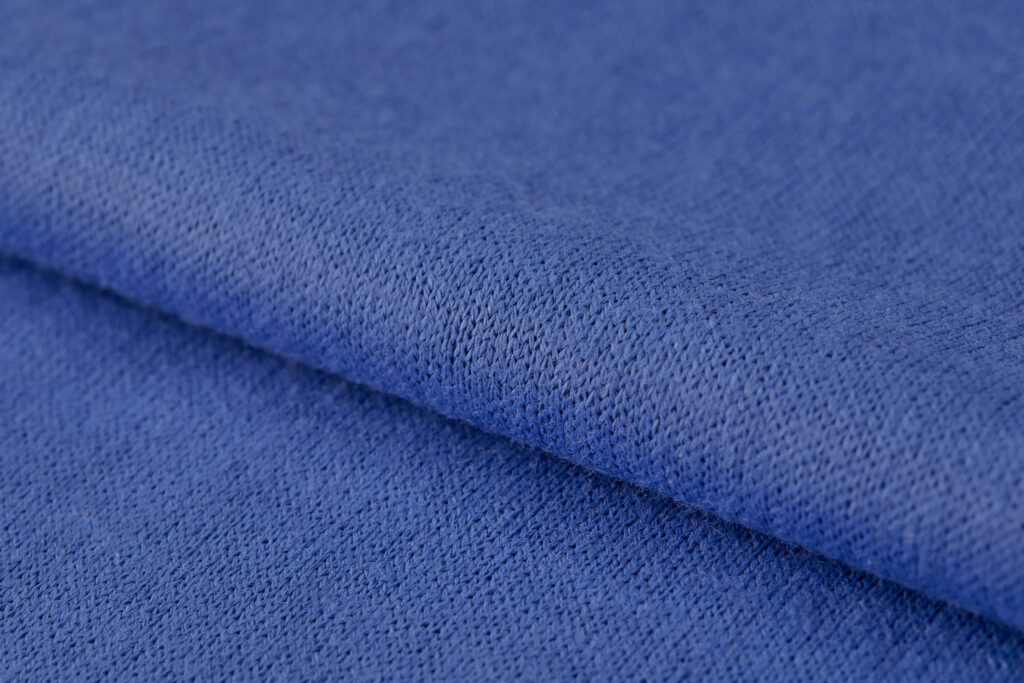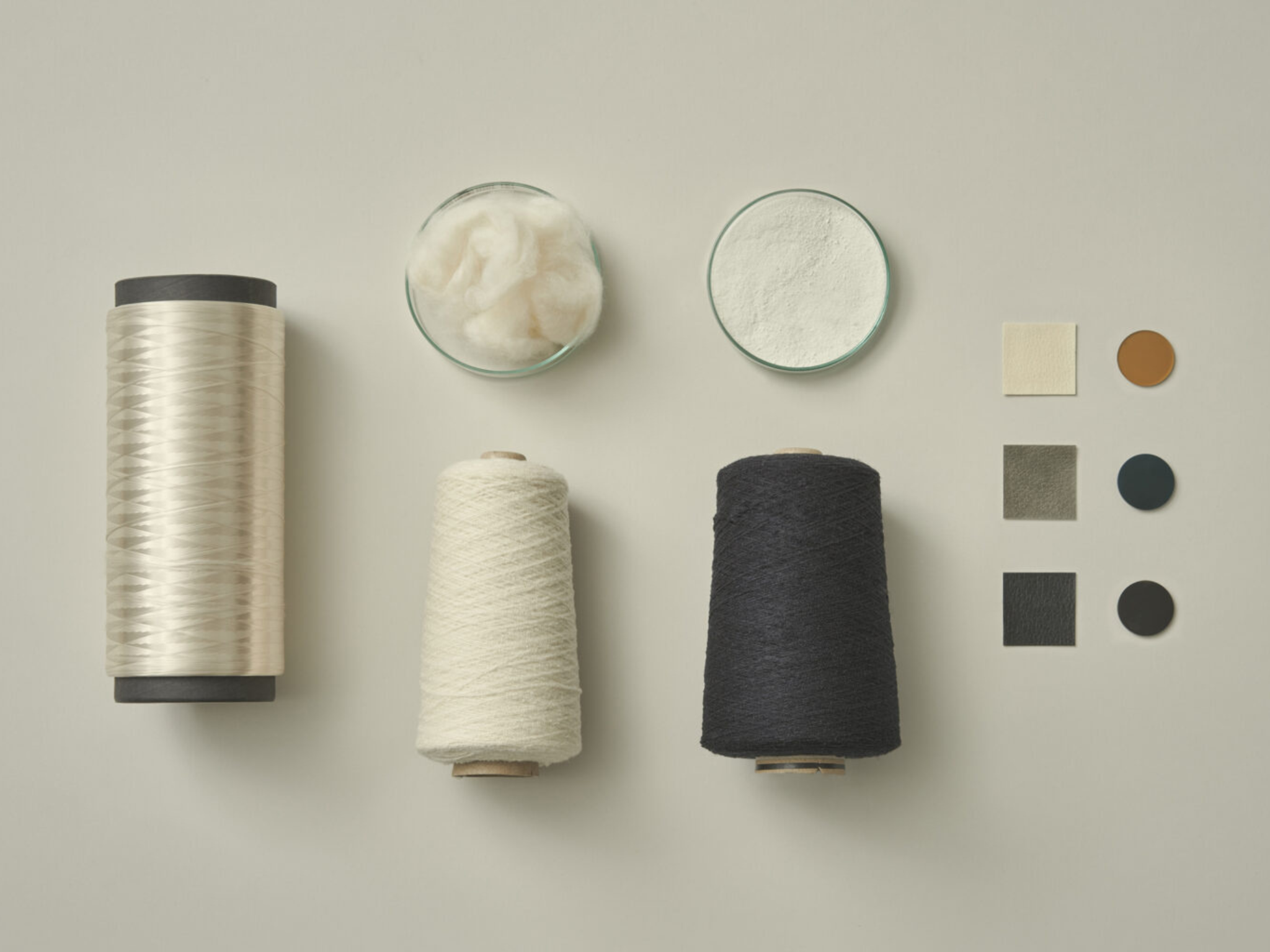4 Mins Read
In partnership with an Italian premium fashion mill, Japanese materials innovator Spiber has produced cashmere blends and worsted yarn with its fermentation-derived Brewed Protein.
Sustainable protein is on the rise in Japan. Fast-food chains are opening all-vegan restaurants in the country, alternative protein companies are betting on their appetite for mycelium, and local chocolate giants are embracing cell-based cocoa.
Japan’s government has also invested tens of millions of dollars into startups making cultivated meat and plant-based eggs while clarifying the process for firms seeking regulatory approval. Former prime minister Fumio Kishida has called these future foods a key part of “realising a sustainable food supply”.
But it’s not just food that Japan is innovating in with sustainable proteins – the country is also taking a lead in the fashion industry through Spiber, a Yamagata-based company that makes planet-friendly materials from Brewed Proteins.
These proteins are derived from microbial fermentation and have been part of offerings from a host of international brands. Now, Spiber has developed a line of cashmere blends with Brewed Protein fibre and a 100% Brewed Protein worsted yarn (a medium-weight yarn) in collaboration with Botto Giuseppe, an Italian premium mill renowned for its natural wool and cashmere fibres.
Both the woollen blends and worsted yarn are now available on Botto Giuseppe’s website, making it the first European mill to successfully develop and market yarn made entirely from Spiber’s Brewed Protein.
Spiber to exhibit Brewed Protein polo shirt at Florence show

Founded in 2007 by Kazuhide Sekiyama, Hideya Mizutani and Junichi Sugahara, Spiber says it makes sustainable materials for the fashion, automotive and personal care industries.
The Brewed Protein fibres leverage synthetic biology and material science. Microbes feed on agricultural waste in a fermentation process that results in the creation of polymers, which can substitute cashmere, fur, leather, wool, and silk, as well as plastic-based synthetic fabrics.
Spiber says its production platform is fully bio-based, biodegradable, and cruelty-free – it requires much fewer resources to make its materials and has a much lower climate footprint as a result. For example, its Brewed Protein fibres can emit up to 75% fewer emissions than cashmere, while using 94% less water and taking up 86% less land, similar to fermentation proteins used to replace dairy foods.
The yarns made with Botto Giuseppe are described as versatile and suitable for both knitting and weaving. They can be used in a range of applications, from shirts and suits to jersey knitwear.
In terms of the woolen yarn, the firms have developed two compositions, one with 20% Brewed Protein fibre and 80% cashmere, and another with equal parts of each.
Spiber will showcase a polo shirt made from the 100% Brewed Protein yarn developed by Botto Giuseppe at the ongoing Pitti Filiati show in Florence (January 28-30).
Circular economy alliance finds new partners

The two companies are also now exploring finer yarn counts for materials made entirely from Brewed Protein fibres and will collaborate on customisations tailored for specific brands.
“We are delighted to start this new collaboration with the development of such a high-tech fibre. It is a highlight in our sustainability journey,” said Silvio Botto Poala, CEO of Botto Giuseppe.
Spiber has raised $489M in funding to date, including a $65M round last year, and over 15 companies have launched products with its Brewed Protein fibres. This includes Pangaia, The North Face, Yonetomi Seni, Goldwin, Nanamica, Cavia and Woolrich in the fashion industry, Shiseido Japan in the cosmetics space, and Toyota in the automotive world (which unveiled a concept vehicle using Brewed Protein).
And in a boost for Spiber, the International Organization for Standardization revised the definition of “protein fibre” in 2021 to include not just naturally-derived proteins, but also those produced synthetically, alongside setting the minimum protein content required for such fibres at 80%. This made it the first time synthetic structural protein materials have been recognised internationally as a new material category.
Meanwhile, just last week, the BioCircular Materials Alliance – a coalition of industry leaders initiated by Spiber – published its first progress, creating an action plan to drive the industry toward a circular bioeconomy, where biowaste is transformed into new, regenerative materials.
Coinciding with the report was the announcement of 16 new entities joining the alliance, including Stella McCartney, Pangaia, Vollebak and Fashion for Good.
The fashion industry continues to embrace lower-carbon materials. Uncaged Innovations is making a grain-based, plastic-free leather alternative, and has been in discussions with several luxury brands. Faircraft is working with major luxury fashion and leather goods brands in Paris for its cultivated leather. And lab-grown cotton maker Galy is backed by two of the world’s largest fashion brands in H&M Group and Inditex (the parent company of Zara, Bershka, Stradivarius and more).



